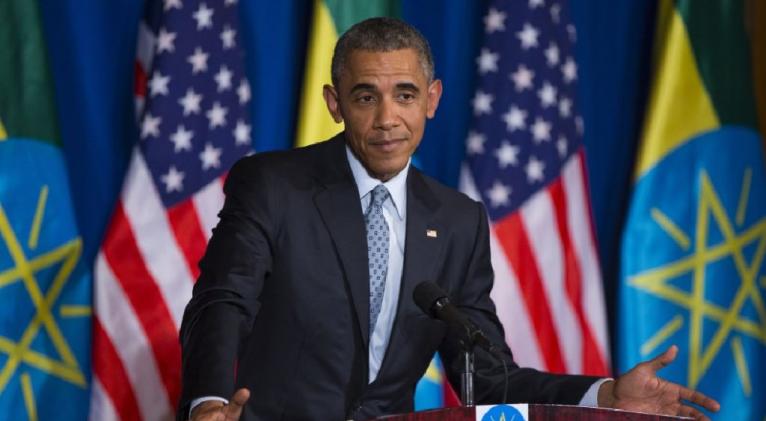Secretive White House meeting reveals Obama's plan to visit Cuba in 2016
especiales

A secretive White House meeting on Cuba last week revealed that President Obama plans to visit the island nation early next year, and also discussed the controversial idea of the Cuban government opening consular offices in Miami.
After hailing embassy openings in Washington and Havana last week, the White House held an off-schedule, private meeting on Thursday with U.S. officials involved in the administration's Cuba policy. Nearly 80 activist members of the Cuban-American community from Florida and across the United States — mostly Democrats — were also there.
Valerie Jarrett, one of Obama's closest advisers, was on hand, along with White House deputy national security adviser Ben Rhodes and Roberta Jacobson, assistant secretary of State for the western hemisphere.
The White House declined to talk about the meeting, and referred questions about the meeting to the State Department. A State Department spokesman then referred the same questions to the Cuban embassy, which was already closed for the day.
According to sources familiar with the meeting, Rhodes told the group that President Obama is considering visiting the island nation early next year, depending on progress in U.S.-Cuba relations.
While that historic visit would likely help Obama cement his legacy as the president who started to open up bilateral relations, it could be marred by or even delayed by Cuba's arrest of dissidents. Those arrests have continued despite Obama's gestures to Cuba, and could put Obama at risk of appearing to be too friendly with a country that often arrests members of political or religious groups dozens at a time.
Eduardo Jose Padron, the current president of Miami-Dade College who came to the U.S. as a refugee at the age of 15, used the White House meeting to ask about the state of human rights in Cuba, and State Department officials acknowledged that it is a dangerous time for dissidents on the island, one participant told the Examiner.
Andy Gomez, a retired assistant provost and dean of the University of Miami's School of International Studies, said that so far, the Castro regime doesn't appear to be changing its ways. Gomez previously served on the Brookings Institution's Cuba Task Force from 2008 to 2010, and told the Washington Examiner Cuba needs to demonstrate a stronger commitment to human rights before Obama travels there or the U.S. agrees to allow it to open a consulate in Florida.
"Up until now, the Cuban government hasn't even brought Cuban coffee to the table … I don't see any signs of the Cuban government loosening up their control," he said.













Add new comment